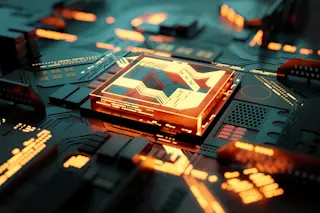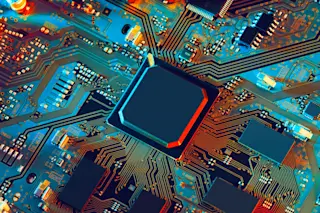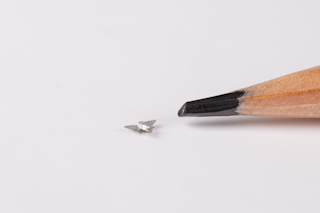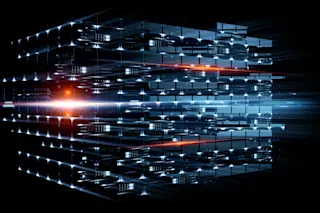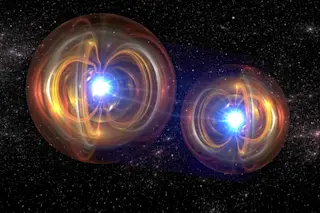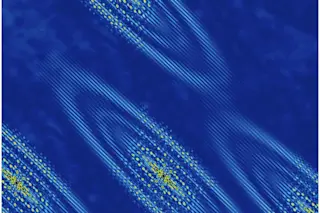D-Wave says its chips use quantum mechanics to solve gargantuan problems.
What's the News: Quantum computing is so complex an idea that even experts have a hard time telling whether a computer is actually "quantum." But D-Wave Systems, a startup that's made news and drawn skepticism over the last four years for claiming to have developed a quantum computer, has just made their first sale
, to the defense contractor Lockheed Martin. And recent research shows that despite the suspicions D-Wave has endured, there may be at least something to their claim. How the Heck:
D-Wave calls their device, a 100-square-foot cube named D-Wave One, a "quantum optimizer." That means that (at least in theory) it uses quantum mechanics to do one thing better than traditional computers: consider various different permutations of a problem simultaneously, thus coming up with an answer in a very short time. For problems where looking ...


